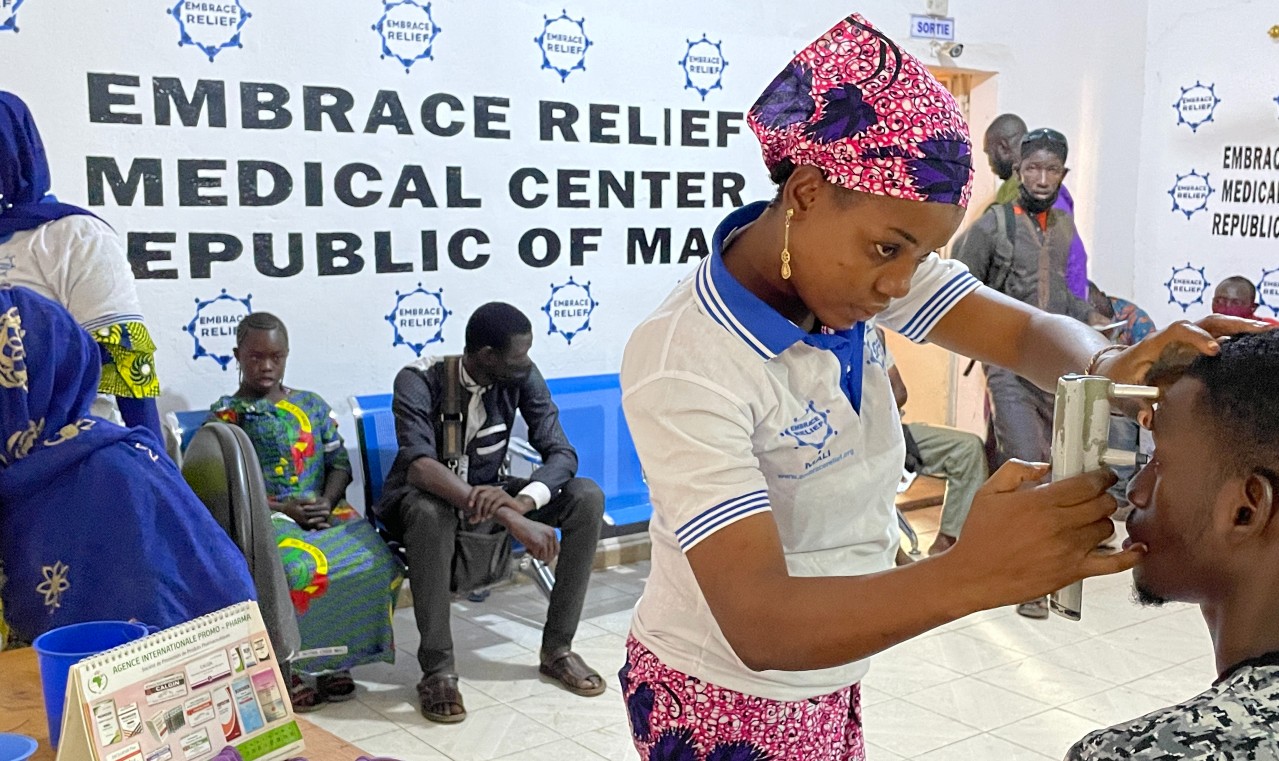
Cataract surgeries: A life-changing operation
Cataracts are a disease that cause the lens of your eye to become cloudy, with symptoms including hazy or blurry vision, seeing faded colors, having poorer vision at night, or seeing a “halo” around objects. The leading cause of reversible vision loss in the United States, cataracts are a common ailment related to aging – more than half of all Americans will have had cataract surgery by the time they turn 80 – but can also occur as a symptom of other ailments, like diabetes, or be a congenital disease present at birth.
Because cataracts progress over time, you may be able to live life relatively normally for some time after they appear. Better lighting and eyeglasses can be a temporary solution. But the only way to get rid of your cataracts permanently is to have them surgically removed.
Don’t worry, however! This is an exceedingly common and safe surgery:
- More than 10 million cataract surgeries are performed each year, including two million in the U.S. alone.
- The procedure takes 30 to 45 minutes on average, with a 15-to-30-minute recovery period before you can return home.
- Recovering from a cataract surgery can take a bit longer, about eight weeks on average, though a doctor should guide you through each step of recovery.
- But there is a wonderful reward at the end of this wait: fully restored vision that allows you to go about your life freely.
If you or someone you know is suffering (or has suffered) from cataracts in the past, you know how disruptive they are to everyday life. They can make it difficult to see the face of a friend sitting next to you, or cause you strain and headaches while reading a book or watching television, or make it impossible to drive. Fortunately, this simple and widely available surgery is within the financial reach of most Americans.
But what if you had to live with cloudy, blurry vision for the rest of your life because you couldn’t afford cataract surgery?
This is the situation in the African country of Mali, where 2.1 million people – more than 10 percent of the population – live with impaired vision. Like in America, cataracts are a leading cause of blindness in Africa. But in a country where medical care is sparse and expensive, that means potentially a lifetime of blindness for people like nine-year-old Maymuna.
Maymuna is a nine-year-old girl living in a small village around 45 minutes way from Bamako, Mali’s capital city. She has lived with cataracts her entire life, and she can’t dance, play, or learn the same way her friends can. She can only sit on the side and listen to their laughter. Her family didn’t even know that Maymuna’s vision loss was reversible through a simple procedure.
But that’s all changed now, thanks to Embrace Relief. We work with three health clinics and one mobile clinic in Mali’s capital city, Bamako, to help people like Maymuna. Our Cure Cataract program funds these clinics, which provide a variety of healthcare services free of charge, specializing in cataract surgeries. Thanks to the generosity of Embrace Relief’s donors, Maymuna was able to undergo cataract surgery and get her vision back. She’s been given the freedom to see, do and experience things she could only have dreamed of previously.
There are untold numbers of people just like Maymuna in Mali: children, young adults, working-age adults, mothers and fathers, grandmothers and grandfathers, all of whom can have their lives returned to them by one eye surgery. But they need your help. You can give the gift of sight to three people in Mali right now with a donation of just $300. Every donation makes the world just a little bit brighter and a little less cloudy.





















